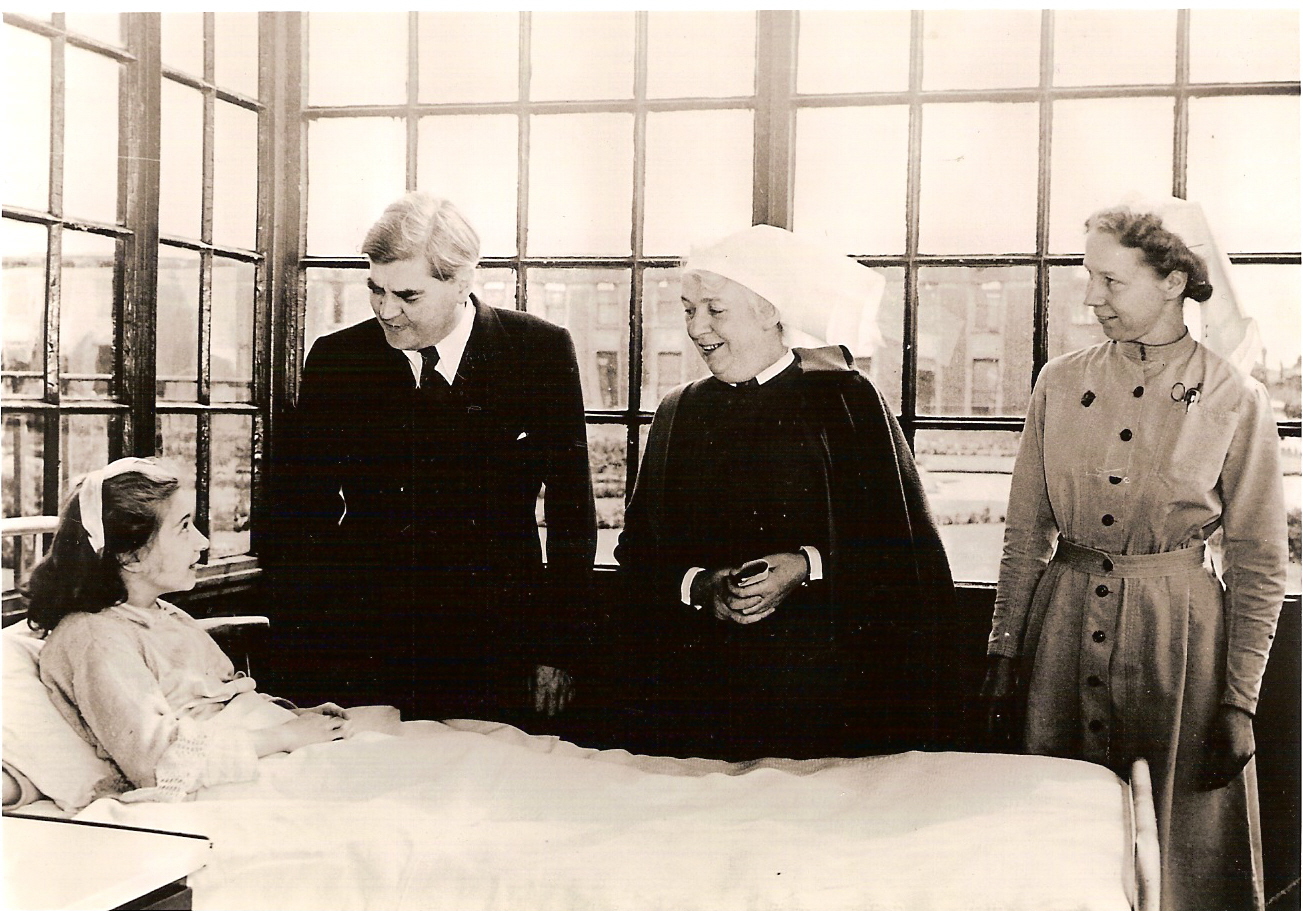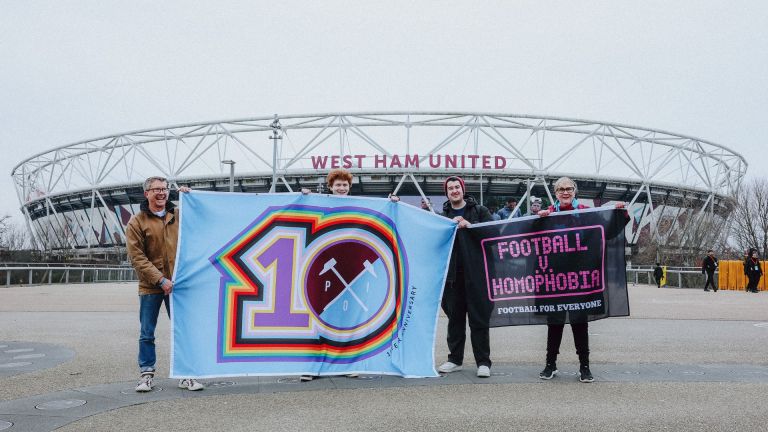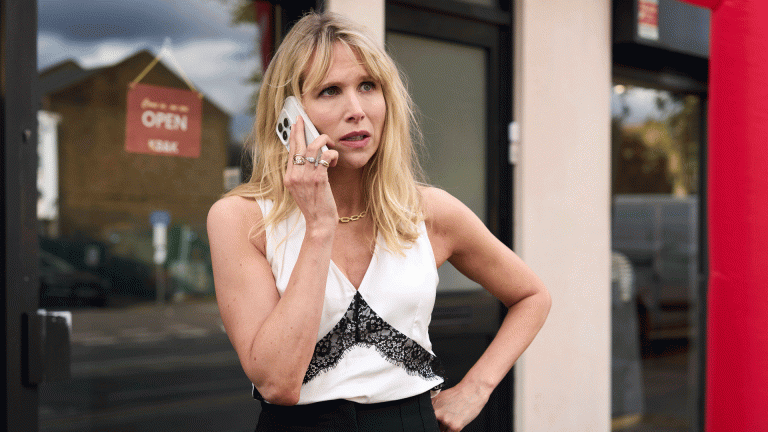Nineteen forty-eight had seen the worst of the worst snowy, winterous Januarys. In the slums of Notting Hill, great piles of dirtied, slumified snow – with new, white drifting snow – blocked the pavements and iced the streets.
The depression of broken houses and cramped conditions, combined with the weather, frozen pipes and blizzarding cold, made slum life more than dreadful. How did my mother cope with a two, three and five-year-old with all these ravages of this life? The rattling windows, the coal-less fires and the toilet shared with a dozen others.
Let's tackle the economic causes of ill health, and transition to an @NHS that focuses on prevention – my letter in today's @guardian https://t.co/TdYWf8e3no https://t.co/LwINsl5Stv
— John Bird (@johnbirdswords) July 6, 2018
With the war over almost three years, this bitter Siberian winter, with its snow and rationing, seemed to conspire to kill off any green shoots of revival. Some said that this post-war Austerity Britain was worse than the war itself.
It was privation without the unifying feeling of being in a unified struggle. It was a grey and black world, where bleakness – according to later reports, I was the two-year-old – seemed to eat into the souls of all. A bus ride away in Whitehall though, or seven stops on the Underground from Notting Hill Gate station, a new world was being planned. And it was soon to be executed.
The snow might fall. And most of Great Britain, as we were called then, might be grey, hungry and lacking the simplest of distractions; but it was all about to change. The new dawn (first) promised after the First World War, and then again after the Second, was about to arrive in 1948.











